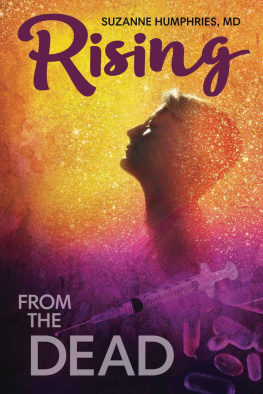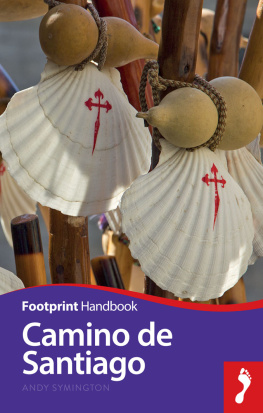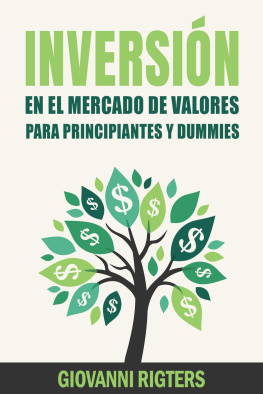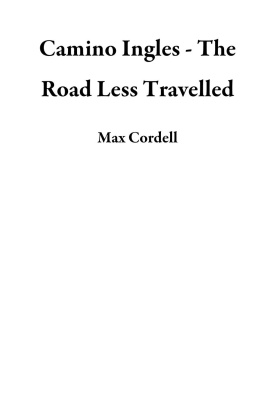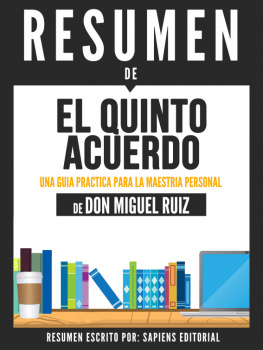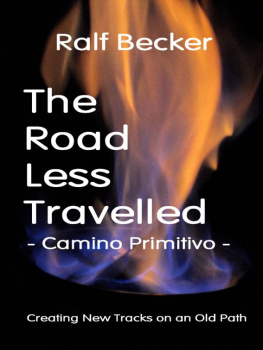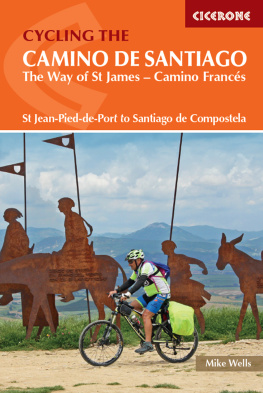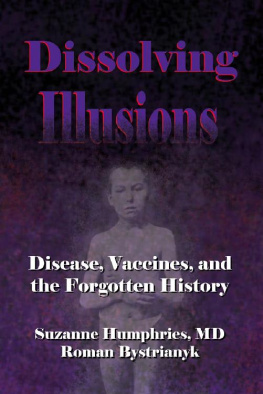Rising
From the Dead
Suzanne Humphries, MD
Rising From the Dead
All rights reserved. No portion of this book, except for brief review, may be reproduced, stored in a retrieval system, or transmitted, in any form or by any means, electronic, mechanical, photocopying, recording or otherwise without the written permission of the publishe r .
2016 Dr. Suzanne Humphries
The moral rights of the author have been asserted.
ISBN-10: 0692648186
ISBN-13: 978-0692648186
Dedication
You have turned for me my mourning into dancing;
You have put off my sackcloth and clothed me with gladness,
To the end that my glory may sing praise to You and not be silent.
O LORD my God, I will give thanks to You forever.
~ Ps 30:11-12
Introduction
The Walking Dead?
I was among the walking dead for many years. Fortunately the homing device that every human has, never stopped sending out signals and waiting for a response. After many course corrections, I finally reached my destinationto start a new journey. Its been an interesting and adventurous ride.
Certain types of dissatisfaction can be helpful and in some ways, so can unhappiness. Why? Because those sentiments have the capacity to usher in change in a persons life. In the midst of my dispiritedness, others were traveling the same path. Surveys today reveal that around 50% of doctors would like to leave the profession and nearly half would not recommend it to their children or friends. Doctors want more time to spend with each patient to be able to practice rational, individually tailored medicine, rather than being forced to order a pre-selected set of tests expected of them. They are tired of the demands placed on them by the conveyor-belt type of best practice protocols dictated by insurance companies and so-called health experts. Despite their despondency, most doctors will not leave. They will be medically manacled by huge debt, or if they have paid that off, will bide their time, riding the cash wave as indemnity for the lack of gratification. I surfed the cash wave for a few years, but it was not sufficient propitiation for my soul.
This book was written to show how the medical system takes the brightest of students, the cream of the cropand turns them into trained technicians, slowly killing commonsense and their hopes of seeing lasting cures. The training dampens their initiative and traps them in blinkered thinking patterns, beneath a dangling guillotine of huge student loans, which hang over their necks indefinitely.
Medical training leads doctors into one of two factions. The first one contains the happy automatons, content to ride the money wave. The other group is a well-kept secret; a clan of empty shells harboring the frustrated walking dead. At such an inference, most of them will not thank you because they dont even know they are dead. If you try to revive them, they might punch you in the face.
Just maybe this book will help people understand why patients
feel unheard, and how difficult, but rewarding, it is for a doctor
to come alive.
I came into the world on the 31st of May, 1964 just one year after the measles vaccine was released for mass injection. The public lauded the new vaccine and accepted it without question. In 1967, when I was three, there were numerous announcements from the highest levels of the Department of Public Health of the United States Government, that measles was going to be eradicated that year. I had the vaccine two years later because measles was still not eradicated.
In the year I started medical school, 1989, there were 18,193 cases of measles in the USA. My second year, there were 27,786 cases prompting an additional MMR dose to be added to the childhood vaccine schedule. In 1993, I became a medical doctor.
Because I was vaccinated at age five, instead of having natural measles, a nurse at every medical center Ive ever worked at, has pursued me to get another MMR jab. Why? Because measles was never eradicated from the USA in the most highly vaccinated population the earth has ever seen... even 49 years after it was supposed to be.
1 December 2000 Desolation
Tears rolled down my fathers cheeks. What a shock. My fatherJohn Waynethe tough guy who never cried, lay there, and suddenly his face creased up. Out of the blue, this staunch cowboy of a man repeated again and again, with closed eyes, I dont want to die, I dont want to die. So we did what most people do to terminally ill people whose bodies are totally riddled with cancer, and told him he would be in heaven; which people would meet him, and watched as he calmed down, then bang.
The truck stopped and the driver got out and walked on.
Agonal breathing started immediately, as his body wound down reacting to central control having left. The one person I most loved in my whole lifewho had supported me through thick and
thin, whose joking warmth could make the worst situation turn
out okaywas gone. What was left there was the empty wrapper. I lay across his bed weeping and sobbing until everything inside me was empty.
At the funeral home, my colleagues from Cooper Hospital tried to support me, but nothing could help at that time. I couldnt bear to do the eulogy, and only found the strength to read a poem written by Khalil Gibran. The next week off work was a total fog of nothingness, and the first week back at work was spent on autopilot.
Everything sucked. Looking back, so many events had culminated to this point of grayness.
Two years as an assistant professor in the Philadelphia area had been intellectually satisfying. The daily meetings with other professors who were more experienced, and teaching postgraduate fellows who were just beginning a nephrology career, was a treasure trove of challenging and interesting cases. The weekly meetings with the pathologist to review biopsy findings, weekly grand rounds, and daily morning reports with the nephrology team, had given me a few years to really hone my skills rather than feel that I would be treating patients in the dark. There was always someone to brainstorm with.
These two years had shown me some very harsh truths. Costs of living in Philadelphia were too high to do all the things I hoped to do after being a practicing physician. In 1998, the half-million dollars of student loans were now due for monthly payments of 2,700 USD per month. My salary was such that it wasnt possible to either make ends meet financially, or even enter the housing market from the bottom. Part of that was my fault, because out of navety I had accepted the job, not realizing that, salary-wise, I was being shafted.
This only dawned on me in 1999, when I scrolled through available jobs, and saw what the rest of the nephrologists were earning. I was not upset because I had learned so much and now felt secure enough to fly solo. Before Dad died, I had lined up a possible job interview for a better paying job that still involved teaching opportunities.
Change was needed in more ways than one. Life was desolate and gray with Dad gone, and my huge student-loan debt was growing by the day. Now was the time to move on.
2 Getting Made
January 2001. Holding onto the contents of my stomach as we lurched from turbulence to turbulence, breaking through the clouds, an amazing sight greeted me. Snow, coastline, marching forests of green trees in all directions, small towns... the middle part of the state of Maine, which was the complete opposite to Philadelphia. Step onto the tarmac and into a tiny airport with two conveyor belts. No chance of getting lost here! By my second trip, the desk attendant knew me by name.
Dr. Humphries? a voice boomed out. The cab driver signaled me over and put my luggage in the trunk, then crossed the boring flatlands of Bangors strip mall district, to a hotel where I spent the night.
Next page
